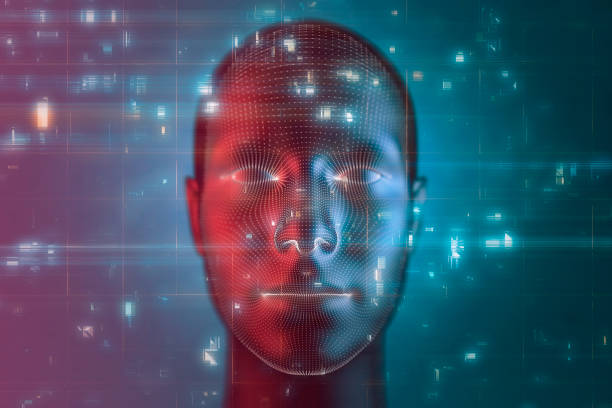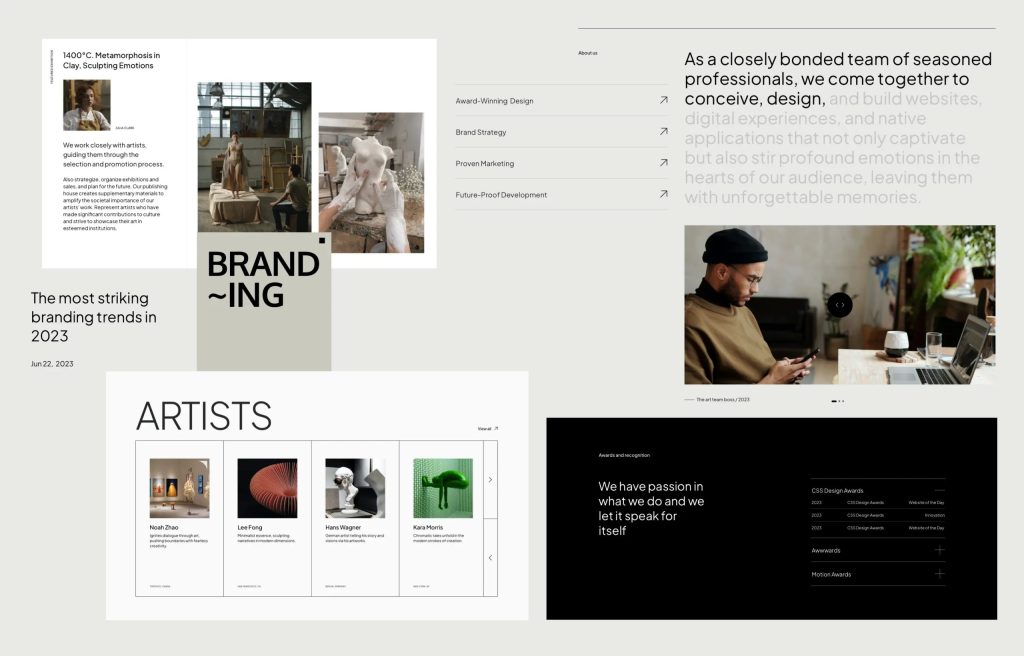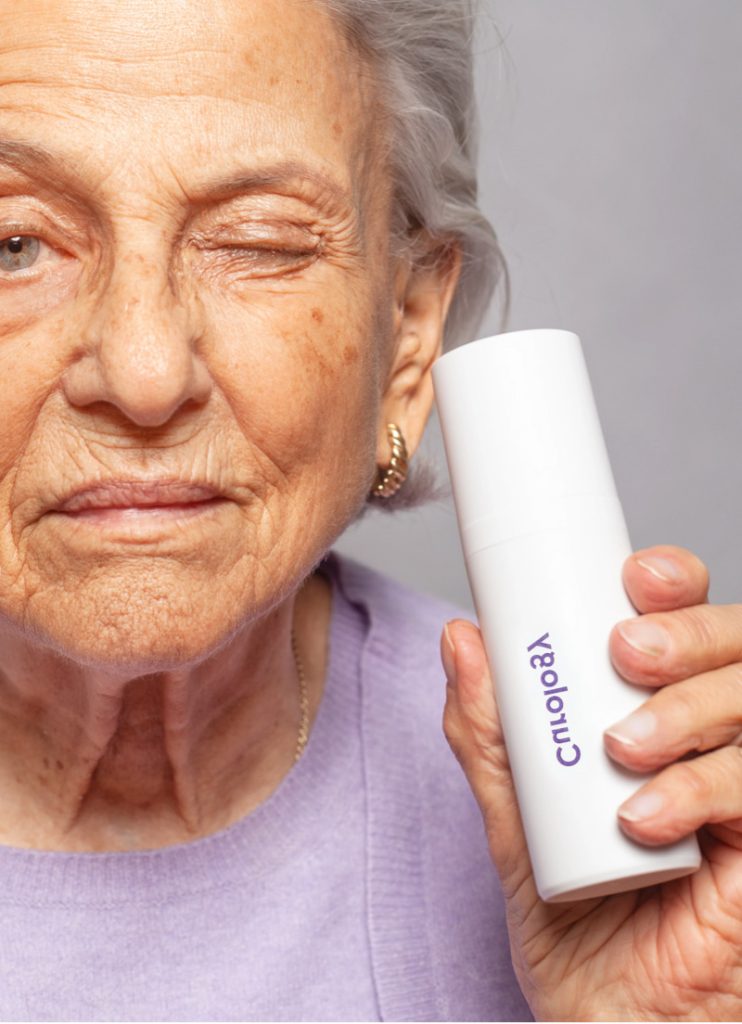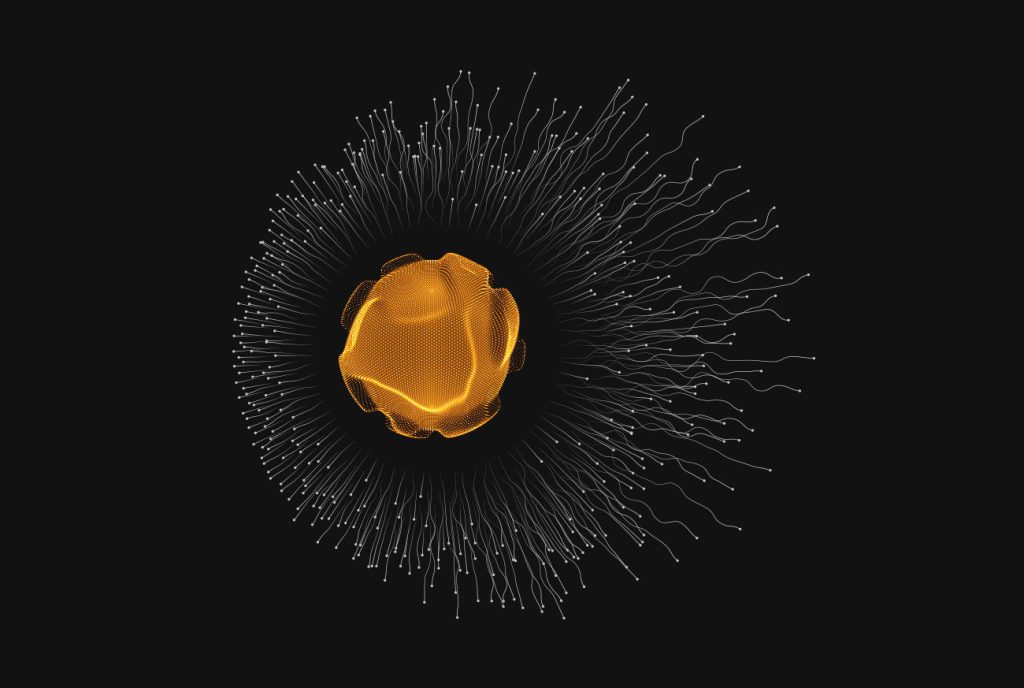As the Internet of Things (IoT) expands, the need for an advanced and intuitive operating system tailored for smart devices becomes increasingly imperative. AIOS, which stands for Artificial Intelligence Operating System, emerges as a foundational pillar driving innovation in the smart device realm. Its launch aims to create seamless connectivity, enhance user control, and optimize functionalities across diverse devices. The integration of AI within operating systems opens up a world of possibilities, making smart devices smarter and more capable.
In recent years, the trend toward a more interconnected lifestyle has propelled the market for smart devices. According to a report by MarketsandMarkets, the global smart home market is projected to grow from USD 81.5 billion in 2018 to USD 174 billion by 2025, notably reflecting an increase in consumer trends favoring smart technology. This explosive growth prompts a corresponding evolution of smart device operating systems, which need to adapt to various manufacturers, functions, and user preferences. AIOS positions itself as a game-changer with its ability to leverage machine learning and enhanced user experiences.
One of the primary advantages of AIOS for smart devices is its focus on user-centric design. By utilizing machine learning algorithms, AIOS can analyze a user’s habits, preferences, and routines, allowing devices to automate common tasks efficiently. For instance, a smart thermostat integrated with AIOS can learn the heating and cooling patterns of the household, adjusting temperature settings to maintain comfort while optimizing energy usage. Such smart and adaptive features contribute significantly to the overall user experience, simplifying daily life while ensuring efficiency.
The deployment of AIOS also enables a unified platform where diverse devices can communicate and interact with one another seamlessly. A smart home ecosystem powered by AIOS can connect a variety of devices—including lights, security systems, smart speakers, and kitchen appliances—to work cohesively. This integration fosters greater control; users can manage all their devices through a single interface, thus simplifying their experience. With voice-activated assistants gaining popularity, AIOS can further enhance this by understanding contextual commands, making it easier for users to interact with their smart environments.
**Privacy-Centric AIOS: Safeguarding Personal Information in an Increasingly Connected World**
As the reliance on smart devices and AIOS continues to grow, so does the concern surrounding privacy and data security. A significant breakthrough lies in the development of Privacy-centric AIOS, which emphasizes safeguarding personal information while delivering the benefits of AI. With the staggering rise of data breaches—an alarming trend reported by Cybersecurity Ventures, predicting that damages from cybercrime could reach USD 10.5 trillion annually by 2025—there is an urgent need for operating systems to prioritize user privacy.
Privacy-centric AIOS frameworks are designed to process personal data within devices rather than transmitting it to remote servers. This means that all sensitive user information remains on the device itself, thereby reducing the risk of unauthorized access. For example, a Privacy-centric AIOS could be employed in a wearable fitness tracker, analyzing biometric data without ever sharing it with third parties. This not only strengthens data protection but also fosters consumer trust, which is vital as more people embrace smart devices.
Transparent data policies play an integral role in Privacy-centric AIOS. Users should have full visibility into what data is being collected, how it is used, and who has access. Implementing consent-based systems within Privacy-centric AIOS empowers users to control their data actively, allowing them to opt-in to data sharing as per their comfort level. Organizations can enhance trust and loyalty by making these practices standard, ultimately leading to a larger user base.
Moreover, Privacy-centric AIOS can harness advanced encryption techniques to further bolster security. By ensuring that data is encrypted both in transit and at rest, organizations can protect users from potential interception and unauthorized access. The integration of privacy by design in AIOS development is essential, as it ensures that privacy measures are incorporated from the conception stage rather than being retrofitted later.
**Energy-Efficient AIOS: Driving Sustainability in Smart Device Operations**
In parallel with privacy concerns, the energy consumption of smart devices has emerged as a pivotal issue that must be addressed. As more devices become connected, their cumulative energy consumption poses challenges linked to sustainability. Enter Energy-efficient AIOS, designed to optimize power usage and reduce the environmental impact of operating systems.
Energy-efficient AIOS focuses on minimizing power consumption through intelligent algorithms, which can predict device usage patterns and adjust operational states accordingly. For instance, smart lighting systems running on Energy-efficient AIOS can automatically switch off when no movement is detected, or adjust brightness based on natural light availability, hence conserving energy effectively. Such features not only contribute to reduced electricity bills but also promote eco-friendly practices, aligning with the growing consumer preference for sustainability.
Another key aspect of Energy-efficient AIOS is its ability to manage resource allocation between multiple devices. As various smart devices often share resources such as bandwidth, AIOS can intelligently prioritize tasks based on urgency and importance. This capability ensures that less critical devices enter a low-power state while high-priority devices remain fully functional. Thus, Energy-efficient AIOS not only extends battery life but also enhances overall system performance across interconnected setups.
Furthermore, manufacturers are increasingly recognizing the value of Energy-efficient AIOS in compliance with environmental regulations. Industries are shifting towards meeting sustainability targets, with policies pushing for reduced carbon footprints. Implementing Energy-efficient AIOS can serve as a competitive advantage, attracting environmentally-conscious consumers and aligning products with global sustainability goals.
**Industry Use Cases: Practical Applications of AIOS Innovations**
The practical applications of AIOS in real-world scenarios are diverse and impactful. In the healthcare sector, AIOS can facilitate seamless communication between wearable devices and medical software, promoting real-time monitoring and immediate interventions. For instance, a patient’s glucose monitoring device powered by AIOS can analyze data trends and alert medical professionals if anomalies emerge, enabling proactive measures to prevent health complications.
In the realm of smart retail, AIOS can be integrated into IoT devices such as smart shelves and inventory management systems. These devices can communicate stock levels automatically, notifying store managers when replenishment is necessary. As a result, retailers can optimize inventory management, reduce waste, and enhance operational efficiency, all while improving customer experiences through timely availability of products.
Smart agriculture represents another burgeoning field well-suited for AIOS technologies. Farmers can employ AI-powered sensors to monitor environmental conditions, soil health, and crop growth analytics. Through AIOS, data collected from various sources will generate actionable insights, informing decisions such as irrigation schedules and pest management. This integration fosters improved yield and resource efficiency, paving the way for sustainable agricultural practices.
**Conclusion**
The rise of AIOS for smart devices heralds a new era of innovation driven by interconnectedness, privacy protection, and energy efficiency. As smart devices proliferate in our lives, the demand for intelligent operating systems capable of managing complex environments will only increase. Privacy-centric AIOS will help build consumer trust by securing personal data, while Energy-efficient AIOS optimizes devices to be both user-friendly and environmentally conscious. The industry is poised for growth, with promising applications across diverse sectors, from healthcare to agriculture. As technology progresses, AIOS will undoubtedly play a pivotal role in shaping the future of smart devices, ensuring they are responsive to user needs and aligned with sustainability principles.
The journey is just beginning, and the future of AIOS will continue to revolutionize how we interact with technology, improving our everyday lives and fostering a more resilient and sustainable world.





